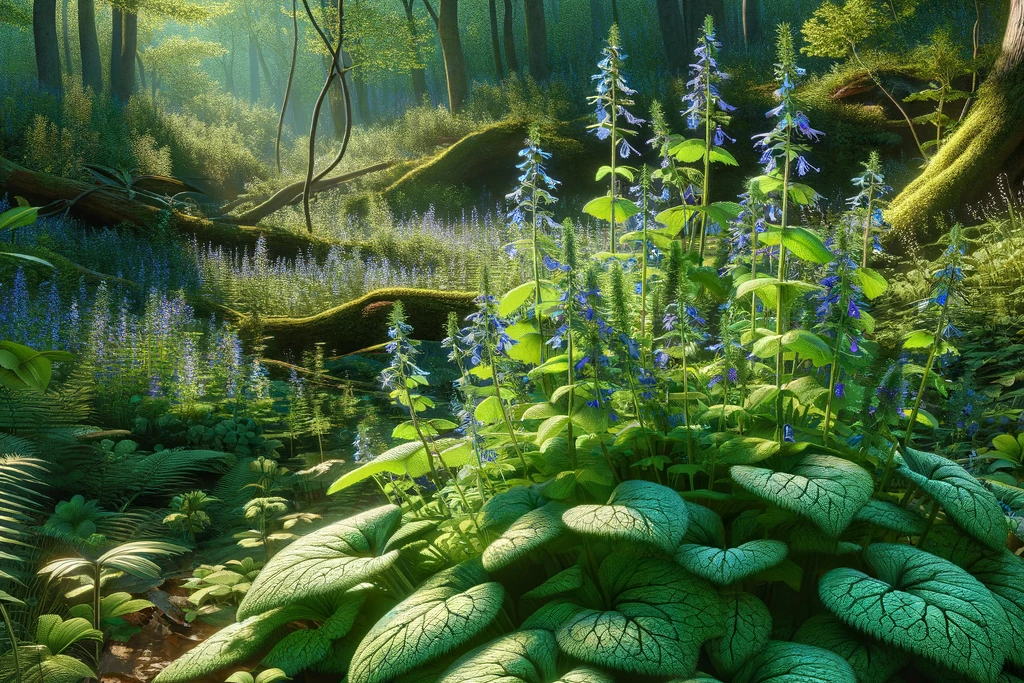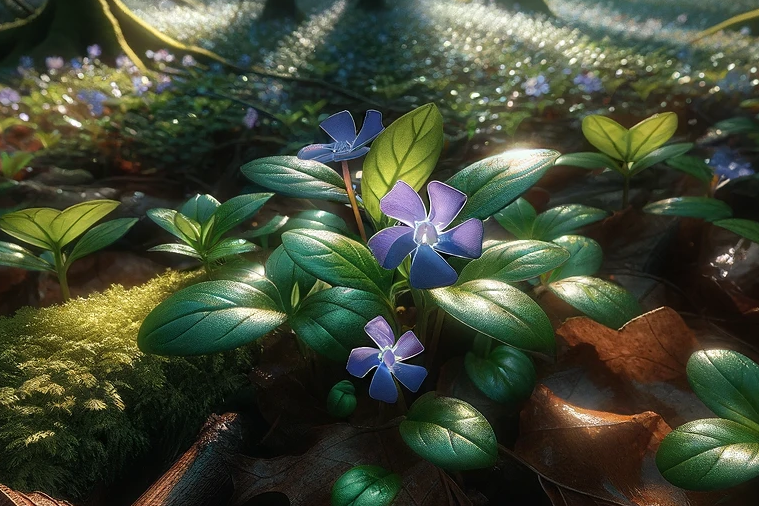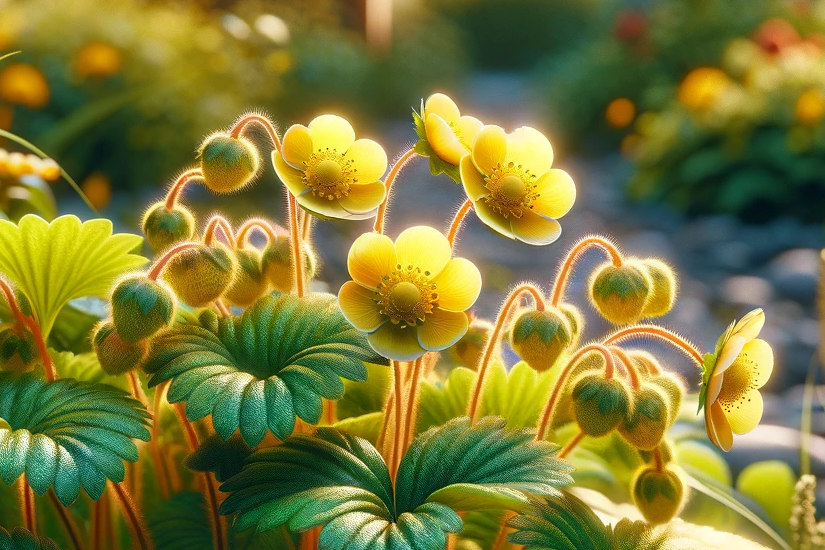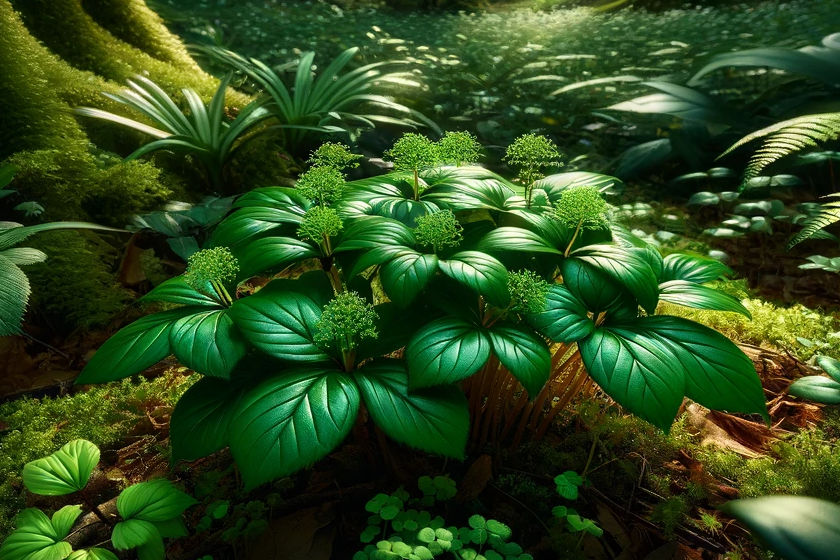Genevan guelder rose
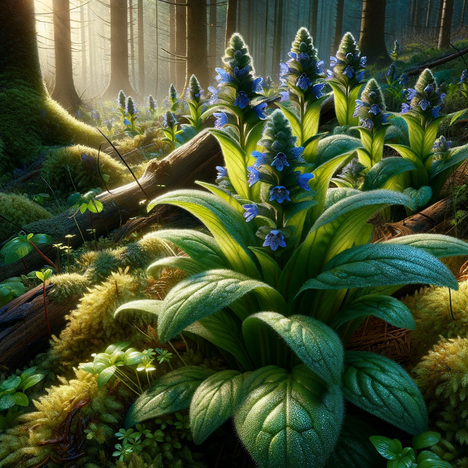
In the colorful world of plants, there are countless species that deserve our attention, be it for their beauty, their medicinal properties or their role in nature. One of these plants, the Geneva burnet (Ajuga genevensis), is the focus of this article, especially in relation to our faithful four-legged companions. The Geneva burnet, also known as Geneva speedwell, is a plant that is not only a feast for the eyes in gardens, but also plays a role in the animal world. But is this relationship always positive, or are there also downsides? Let's delve into the world of the Geneva speedwell to uncover its secrets.
What is the Geneva burnet?
The Geneva burnet belongs to the Lamiaceae family and is characterized by its striking blue flowers, which adorn the landscape from April to June. Originally native to Europe, this plant can be found in meadows, on forest edges and in sparse woodland. It prefers calcareous soils and sunny to semi-shady locations. Not only its aesthetic value is remarkable, but also its use in traditional medicine, where it is valued for its astringent and anti-inflammatory properties.
Benefits of the Geneva Guelder rose for dogs
Natural medicine
Some of the components of Côtes de Genève, taken in moderation, can have positive effects on your dog's health. The plant contains tannins and saponins, which are known for their anti-inflammatory and antimicrobial properties. This can be helpful in the external treatment of skin irritations or small wounds.
Soothing effect
Due to its astringent properties, Geneva's groundsel can also have a calming effect on dogs, particularly for gastrointestinal complaints. A tea made from the leaves of the plant, given in small amounts, can provide relief for mild digestive disorders.
Disadvantages and precautions
Toxicity
Despite its potential benefits, Geneva's groundsel should be used with caution. Some parts of the plant can be toxic to dogs in large quantities. Symptoms of poisoning can include vomiting, diarrhea and, in severe cases, neurological disorders. It is therefore advisable not to allow your dog to graze unsupervised in areas where the Geneva bugloss is found in large numbers.
Allergic reactions
As with any plant, there is also a risk of allergic reactions to the Geneva bugle. Watch your dog carefully when it first comes into contact with the plant and consult a vet if you notice any signs of allergy.
Geneva bugloss is a fascinating plant that has both benefits and drawbacks for dogs. While its medicinal properties can be beneficial to your dog's health in controlled doses, it's important not to underestimate the potential risks. Responsible use and observation of your dog is crucial to ensure that your encounter with the Genevan Guelder rose is mutually beneficial. Ultimately, as with many aspects of dog care, knowledge is power - and an informed dog owner is the best protection for their furry friend.
If you notice any signs of hypersensitivity or poisoning in your dog, you should see your vet immediately. We are not a substitute for a vet, but we try to be as accurate as possible. Every dog reacts differently and we recommend you get a second opinion or consult your vet if in doubt.
Stay healthy and take good care of your four-legged friend!😊
Similar to Genevan guelder rose
Creeping groundsel belongs to the labiate family and is characterized by its creeping growth habit, its dark green, shiny leaves and its intense blue, sometimes purple flowers. This plant is native...
The small periwinkle(Vinca minor) is an evergreen perennial that belongs to the dogbane family(Apocynaceae). It is characterized by its ability to grow quickly and cover the ground with a dense...
The golden strawberry, or physalis, belongs to the nightshade family and includes various species, some of which are edible, such as Physalis peruviana (cape gooseberry) and Physalis philadelphica...
Japanese ysander, Pachysandra terminalis, is an evergreen, ground-covering perennial originally from Japan and China. This plant is characterized by its ability to form dense carpets that cover the...
